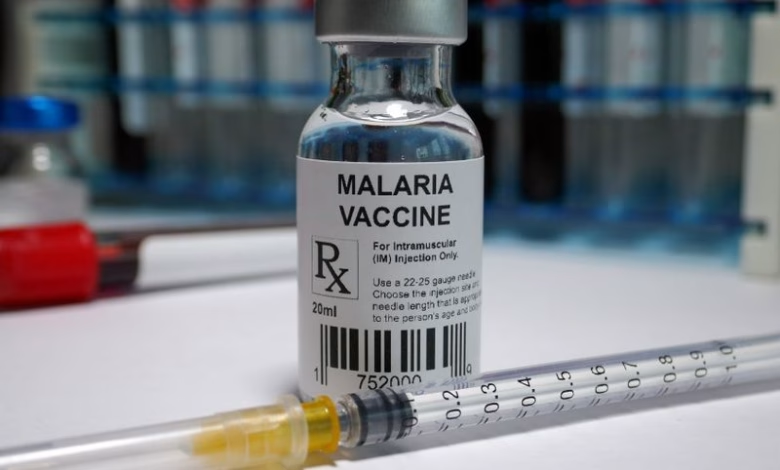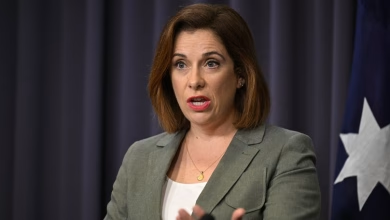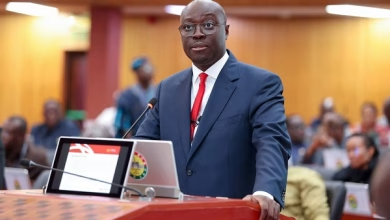Ghana Health Service Introduces Malaria Vaccine in 43 New Districts

- Ghana expands malaria vaccine to 43 new districts.
- 200,000 children under 2 targeted in 4 regions.
- Malaria cases drop: 27.5% (2011) to 8.6% (2022).
- Ghana aims for 50% malaria reduction by 2025.
Ghana is making significant strides in its fight against malaria by expanding its malaria vaccine rollout to 43 additional districts across four regions. This move is expected to reach approximately 200,000 children under the age of two.
The RTS, S/AS01 malaria vaccine, introduced in 2019, has already shown promising results in select areas of Ghana, Kenya, and Malawi. With over 3.3 million doses administered to around 400,000 children under two in 93 districts, severe malaria cases among children under five have substantially decreased.
Since the vaccine’s introduction, severe malaria and malaria-related deaths among children under five have declined from 20.6% in 2016 to 8.6% by 2023. Malaria prevalence has also dropped from 27.5% in 2011 to 8.6% in 2022.
In 2022, Ghana recorded 5.2 million malaria cases, a decrease from the previous year’s 5.8 million cases. The vaccine is administered in four doses, starting from six months of age.
The third phase of the rollout expansion targets 200,000 children under two in the Northern, Upper West, Savannah, and Western North regions. According to health officials, the implemented districts have shown a downward trend in malaria cases, prompting optimism about the program’s success.
However, officials also anticipate some challenges, including defaulting guardians, which has been a persistent issue throughout the rollout’s previous phases. To mitigate this, lessons from past phases will be applied to minimize defaulting.
Ghana aims to achieve its malaria strategic plan 2021-2025, which seeks to reduce malaria incidence by 50% and mortality by 90%, with an elimination plan targeted for 2028.
The World Health Organization (WHO) recommends the RTS,S malaria vaccine for children in areas with moderate to high malaria transmission. Ghana’s expansion is part of a broader effort to introduce the vaccine in 20 African countries by 2024.
The malaria vaccine implementation program has been supported by partners such as UNICEF, PATH, and Gavi, the Vaccine Alliance.
Ghana’s progress in malaria prevention serves as a model for other countries, with health officials sharing their experiences and lessons learned with neighboring nations.






